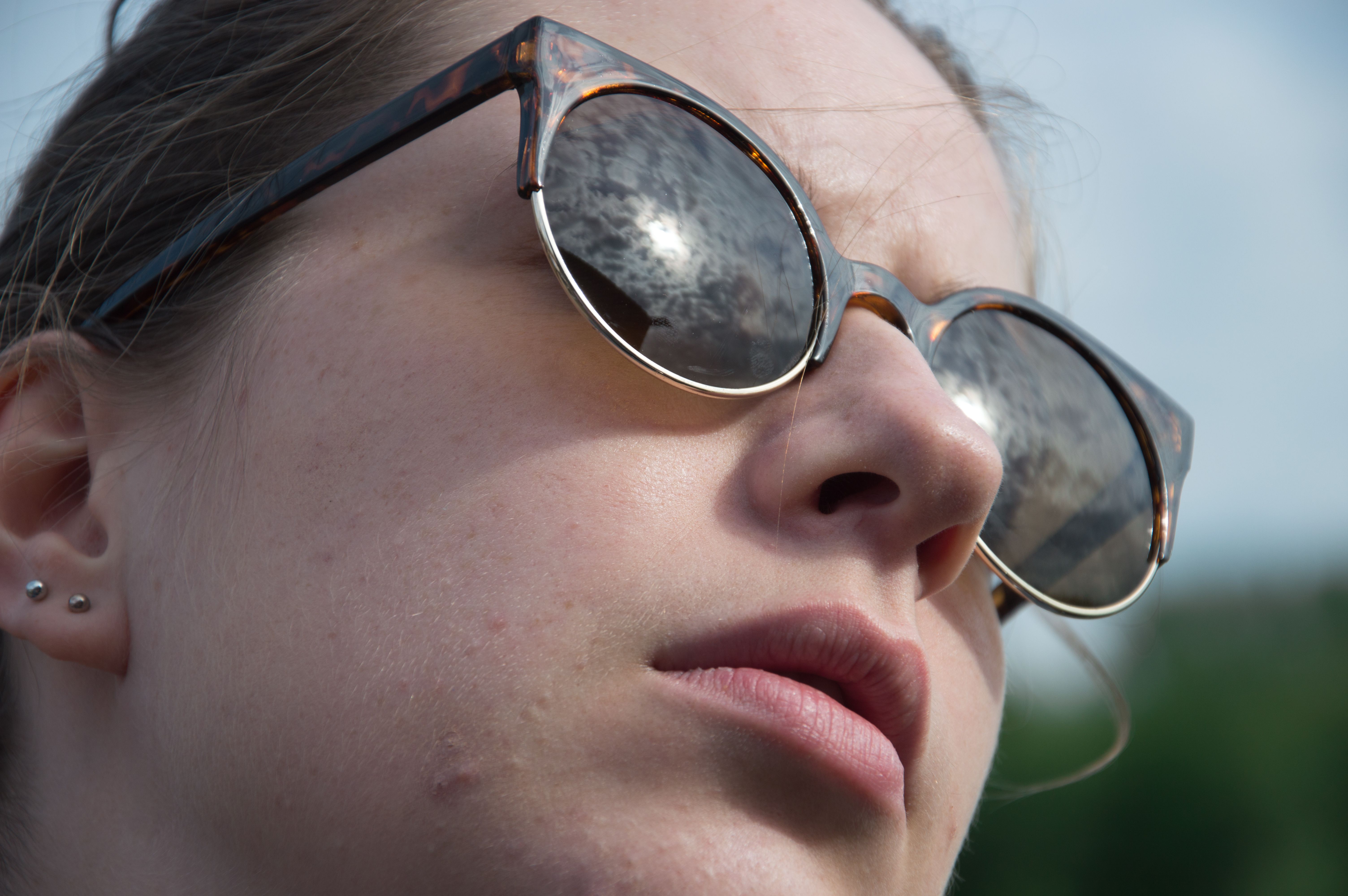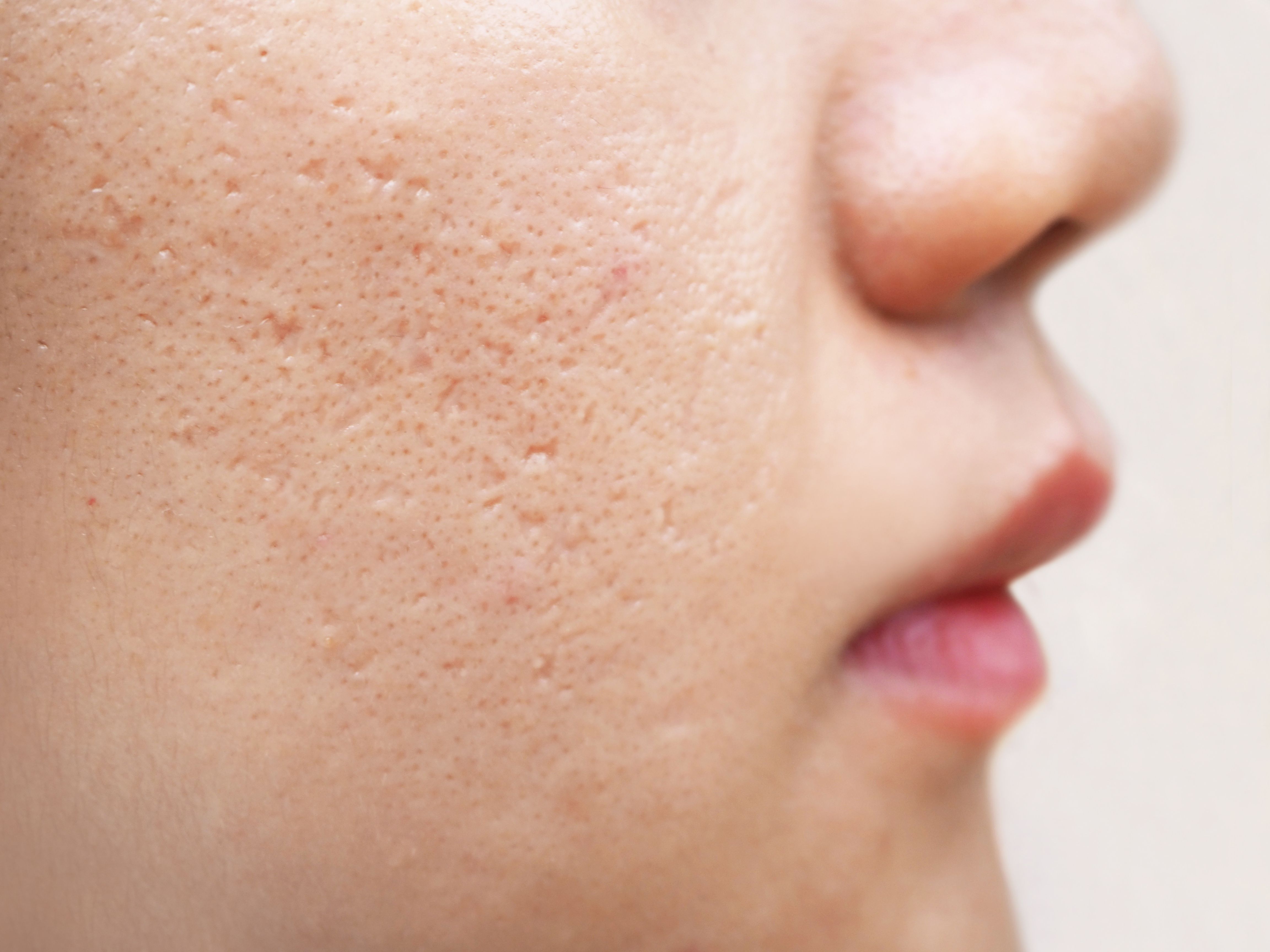- Acne
- Actinic Keratosis
- Aesthetics
- Alopecia
- Atopic Dermatitis
- Buy-and-Bill
- COVID-19
- Case-Based Roundtable
- Chronic Hand Eczema
- Chronic Spontaneous Urticaria
- Drug Watch
- Eczema
- General Dermatology
- Hidradenitis Suppurativa
- Melasma
- NP and PA
- Pediatric Dermatology
- Pigmentary Disorders
- Practice Management
- Precision Medicine and Biologics
- Prurigo Nodularis
- Psoriasis
- Psoriatic Arthritis
- Rare Disease
- Rosacea
- Skin Cancer
- Vitiligo
- Wound Care
Article
Photoprotection Can Improve Acne Outcomes
Author(s):
Researchers say sun exposure plays a role in the exposome of acne-prone skin.
Proper photoprotection in patients with acne or acne-prone skin can lead to skin improvements and better patient outcomes.
Michael Pop/AdobeStock

In a recent study,1 researchers sought to determine the impact of sun exposure, an exposome factor, on acne. Additionally, the study set out to explore the use of photoprotection as it relates to improving outcomes.
In order to determine a potential correlation, researchers conducted an extensive narrative review of previous studies, journal articles, and relevant literature. They collected data from Google Scholar and PubMed searchers from January 1992 to November 2022.
Of these, researchers accumulated several articles, clinical trials, meta-analyses, observational studies, and review articles. Data collection, however, was restricted to content written in either the English or Spanish language.
Within the search, researchers used keywords, including acne, cosmeceuticals, cosmetics, dermocosmetics, diet, etiology, exposome, lack of sleep, pathogenesis, photoprotection, pigmentary disorders, pollution, post-inflammatory hyperpigmentation, stress, sunlight, sunscreens, ultraviolet radiation, and visible light.
After accumulating prior research, researchers also established a list of physiopathological factors in acne. These included genetic predisposition, hyperkeratinization, sebum production and composition, hormones, inflammation and inflammasomes, and exposome factors.
“The exposome is the sum of lifestyle and environmental exposures, and how these factors impact on health or disease, in this case, on acne,” study authors wrote. “The exposome is highly dynamic, and the characterization of all factors is impossible in real life. Environmental factors or exposures, rather than genetic factors, can be more important to health and may generate most health disparities.”
Examples of exposome factors in acne, according to the study, include sun exposure, environmental humidity, pollution of large cities, a non-balanced diet, microorganisms, stress, lack of sleep, mental health, low-quality cosmetics or non-appropriately chosen cosmetics, oral supplements, and medications.
“Sunlight and UV light are mistakenly thought to be beneficial for acne and can be used as a treatment. The relationship between acne and photoexposure is dichotomic,” sutyd authors wrote. “While some patients show a reduction in acne related inflammatory lesions in summer, others experience flares or worsening.”
According to researchers, one study included in the analysis revealed that more than 50% of individuals with acne experienced flares or worsening in the summer months. In another study, nearly 50% presented with seasonal variation in their acne, with 40% reporting worsening in the summer months.
Researchers also found that particularly in patients with skin of color, sun exposure in acne could lead to post-inflammatory hyperpigmentation or erythema.
Additionally, some common acne treatments possess photosensitizing effects, such as isotretinoin or tetracyclines, such as doxycycline. In patients taking these medications, sun exposure and high levels of solar radiation can lead to phototoxic reactions.
Of the several exposomes included in the study, researchers found that factors such as pollution, nutrition, harsh skincare, stress, and sun exposure were the most impactful in patients with acne.
“Patients must be informed that sun radiation may not improve acne, but could in fact aggravate it and induce long-lasting secuelae. Daily photoprotection must be recommended to all individuals with acne,” study authors wrote. “Broad-spectrum sunscreens not only protect from solar radiation and its negative consequences, but can also provide stratum corneum hydration, enhance the skin barrier function and reduce TEWL. Sunscreens can also protect from pollution and can provide sebum-regulating, depigmenting, anti-inflammatory and antioxidant active properties.”
Reference
- Piquero‐Casals J, Morgado‐Carrasco D, Rozas‐Muñoz E, et al. Sun Exposure, a relevant exposome factor in acne patients and how photoprotection can improve outcomes. Journ of Cosm Dermatol. 2023. doi:10.1111/jocd.15726
Newsletter
Like what you’re reading? Subscribe to Dermatology Times for weekly updates on therapies, innovations, and real-world practice tips.











